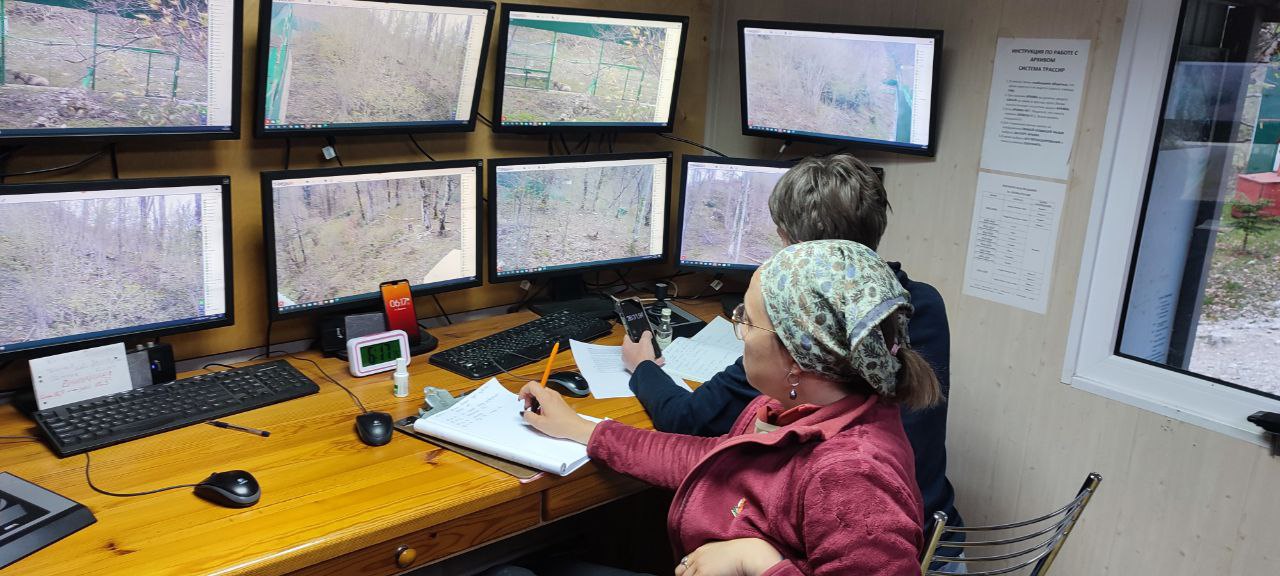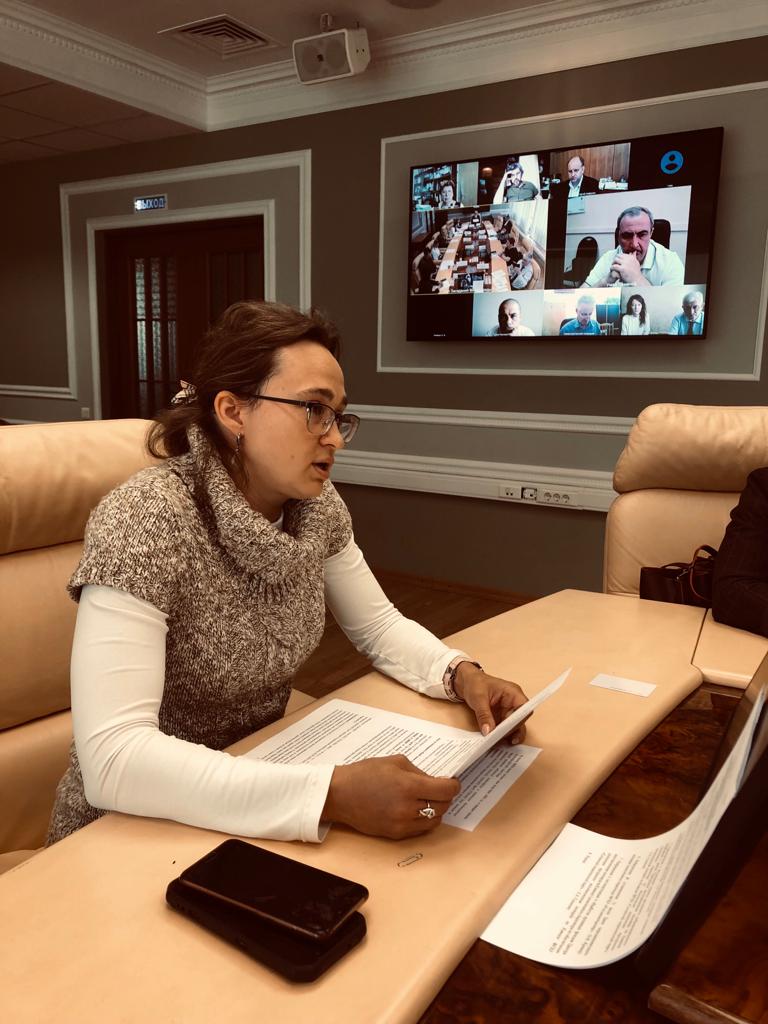
On June 2, 2022, a meeting of the section of experts on the Persian leopard was held at the Ministry of Natural Resources of Russia. The issue of releasing young leopards that were born in the Sochi "Leopard Recovery Center in the Caucasus" in 2020, which is fundamentally important for the restoration of this species in the Caucasus, was discussed.
In the Central Caucasus, in the Republic of North Ossetia-Alania and the adjacent territories of Kabardino-Balkaria, through the efforts of the participants in the Program for the restoration of the Caucasian leopard in the Caucasus, a small, but stable group of this rare species has already been created, which is beginning to attract leopards from neighboring regions of Transcaucasia. In places where leopards were released on camera traps, not only released, but also wild leopards began to be recorded. An increase in this group due to the release of two-year-old leopards Leo, Khosta and Laura into these places in 2022, whose readiness for life in nature was confirmed by a group of experts from the IEE RAS, IEGT RAS, the Moscow Zoo and WWF-Russia, would increase the viability of the created group of leopards.

Despite the problems with the delivery of Canadian satellite collars to Russia, the IEE RAS staff prepared domestic transmitters for leopards, which have proven themselves well when working with other species of predatory mammals. They are not inferior to Canadian ones in their characteristics and do not interfere with animals’ hunting.
Considering that Leo, Khosta and Laura have reached the age at which they leave their mothers, wild leopards settle and master their hunting grounds in nature (usually this happens at the age of one and a half years), the best feline specialists from the IEE RAS, the Institute of Ecology of Mountain Territories RAS, the Caspian Institute biological resources of the Dagestan FRC RAS, as well as the Caucasian and North Ossetian reserves, providing scientific support for the Program, expressed a unanimous opinion on the need and expediency of releasing young leopards this year. Against this background, the strange position of the Sochi Center employees who oppose the release of animals sounds dissonant: "… despite the high level of training of individuals, the excellent ability to independently hunt large ungulates, the persistent reaction of avoiding humans and domestic animals, at this stage, the Center's specialists believe inappropriate release of kittens due to their age”.
Scientists are looking forward to what decision the Ministry of Natural Resources and Ecology of the Russian Federation will make about the fate of young leopards and, in fact, about the future of the Program for the restoration of the Caucasian leopard in the Caucasus.
